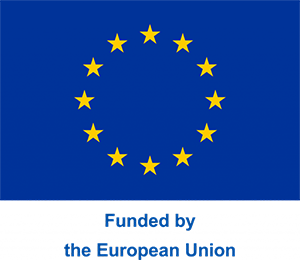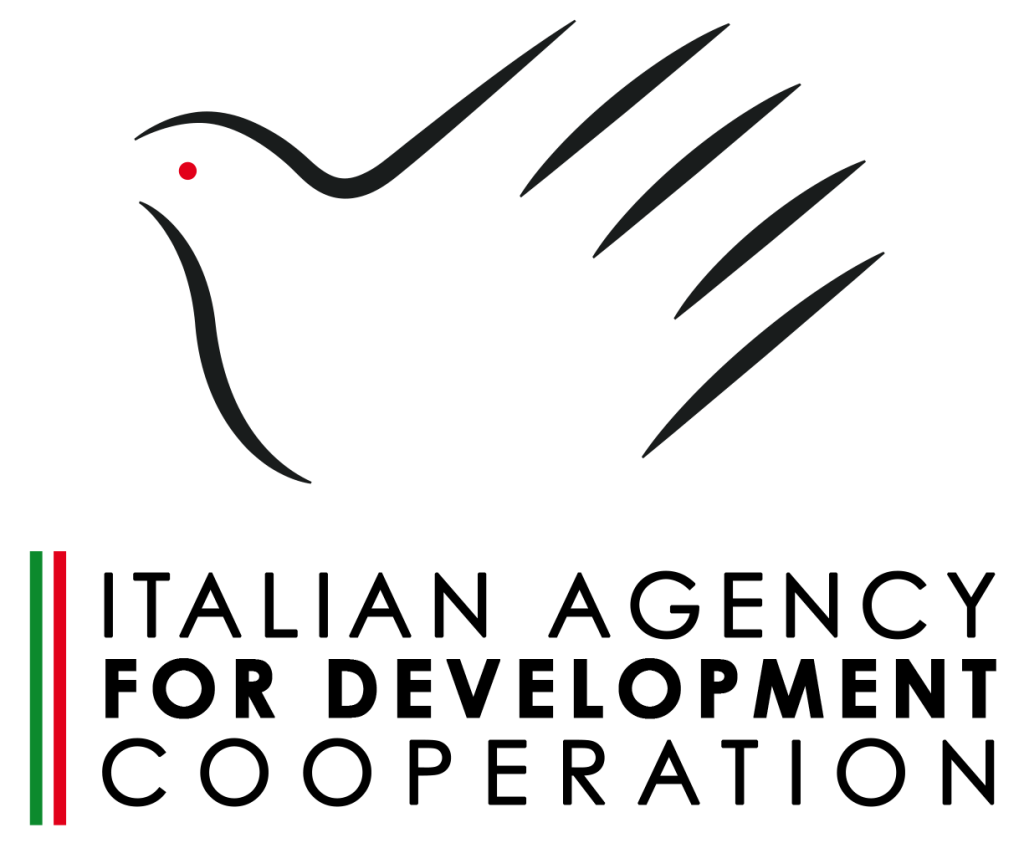Assiut, Sohag, & Beni Suef, 20/8/2025
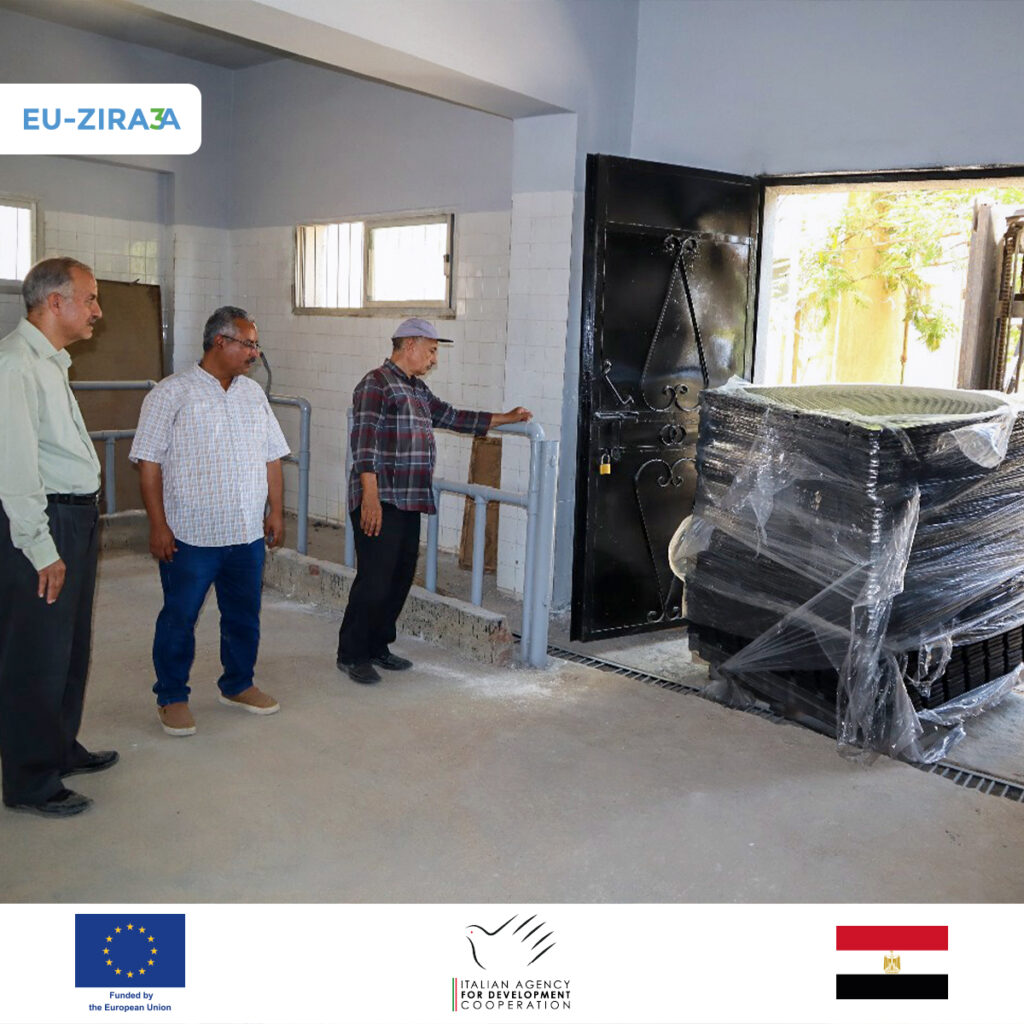
A significant step has been taken to enhance veterinary and artificial insemination services in Upper Egypt, with the successful delivery of a new batch of specialized equipment under the contract “Supply of equipment for offices, for extension departments and artificial insemination centres”. The delivery took place across the governorates of Sohag, Assiut, and Beni Suef, marking another milestone in efforts to strengthen agricultural and veterinary support systems for small-scale farmers.
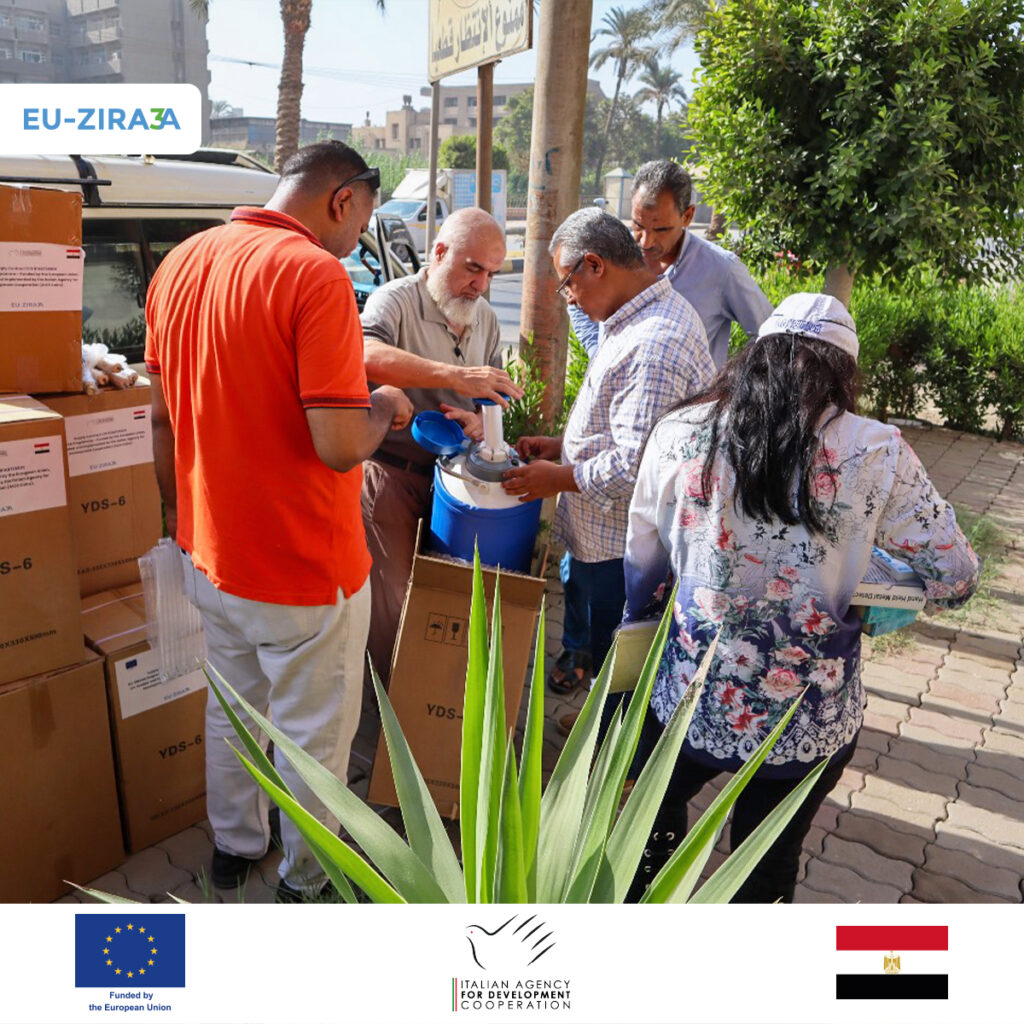
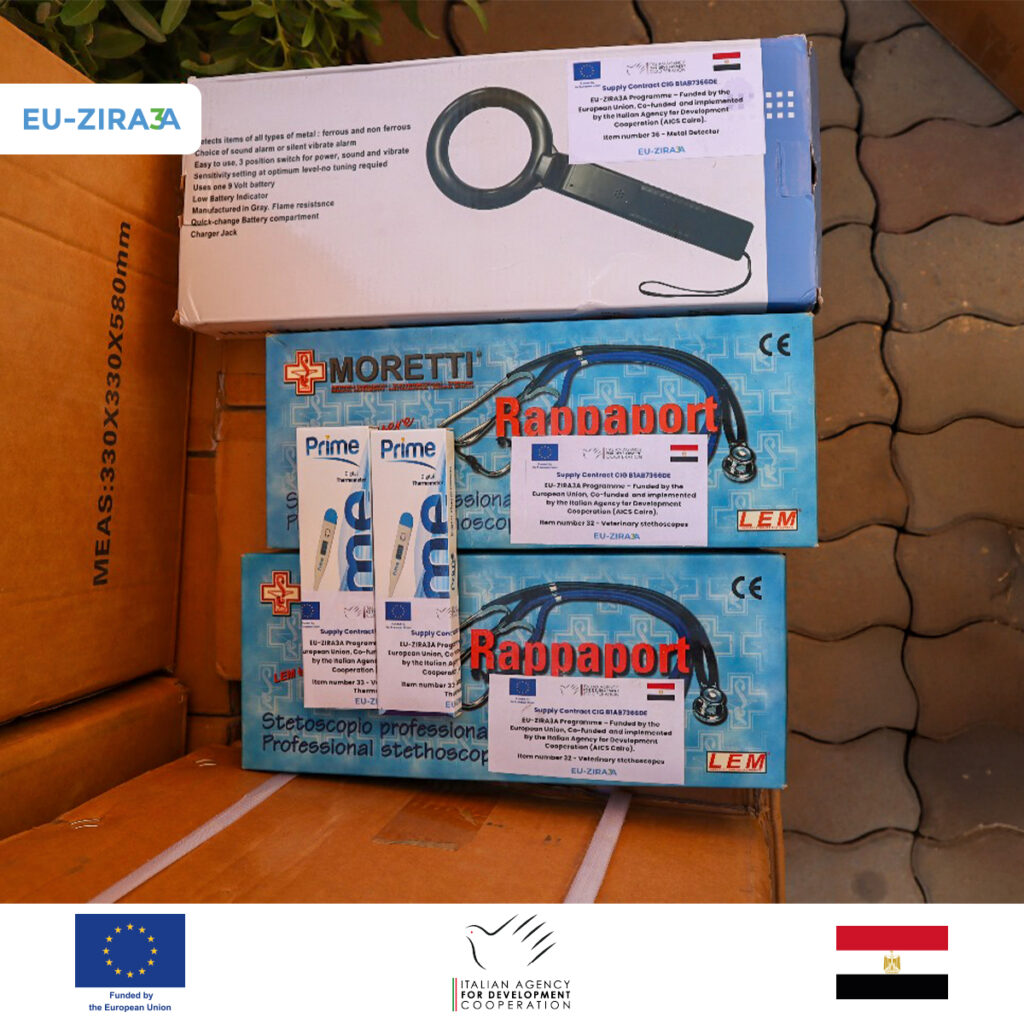
The new delivery includes air conditioners installed at the Artificial Insemination Center in Beni Suef to ensure safe and stable conditions for operations. In addition, liquid nitrogen containers were supplied to insemination centers, liquid nitrogen production units, and veterinary units in Sohag, Assiut, and Beni Suef, providing essential resources for the proper storage and handling of semen samples. To improve the hygiene and durability of working environments, plastic flooring was delivered for semen collection rooms in Beni Suef. Alongside these installations, veterinary tools such as stethoscopes, electronic thermometers, metal detectors, cow horn ironing machines, animal castration machines, and metal dosing pistols were distributed across selected veterinary units in the three governorates.
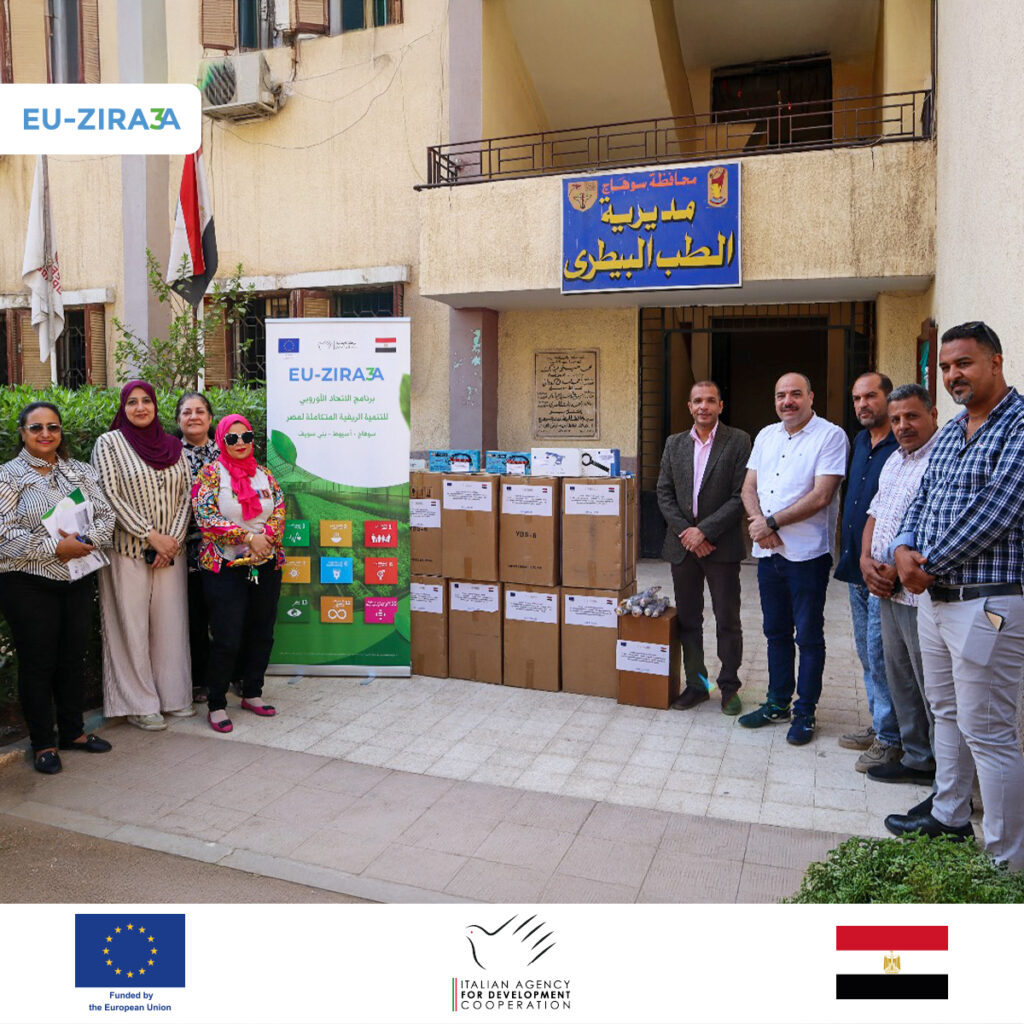
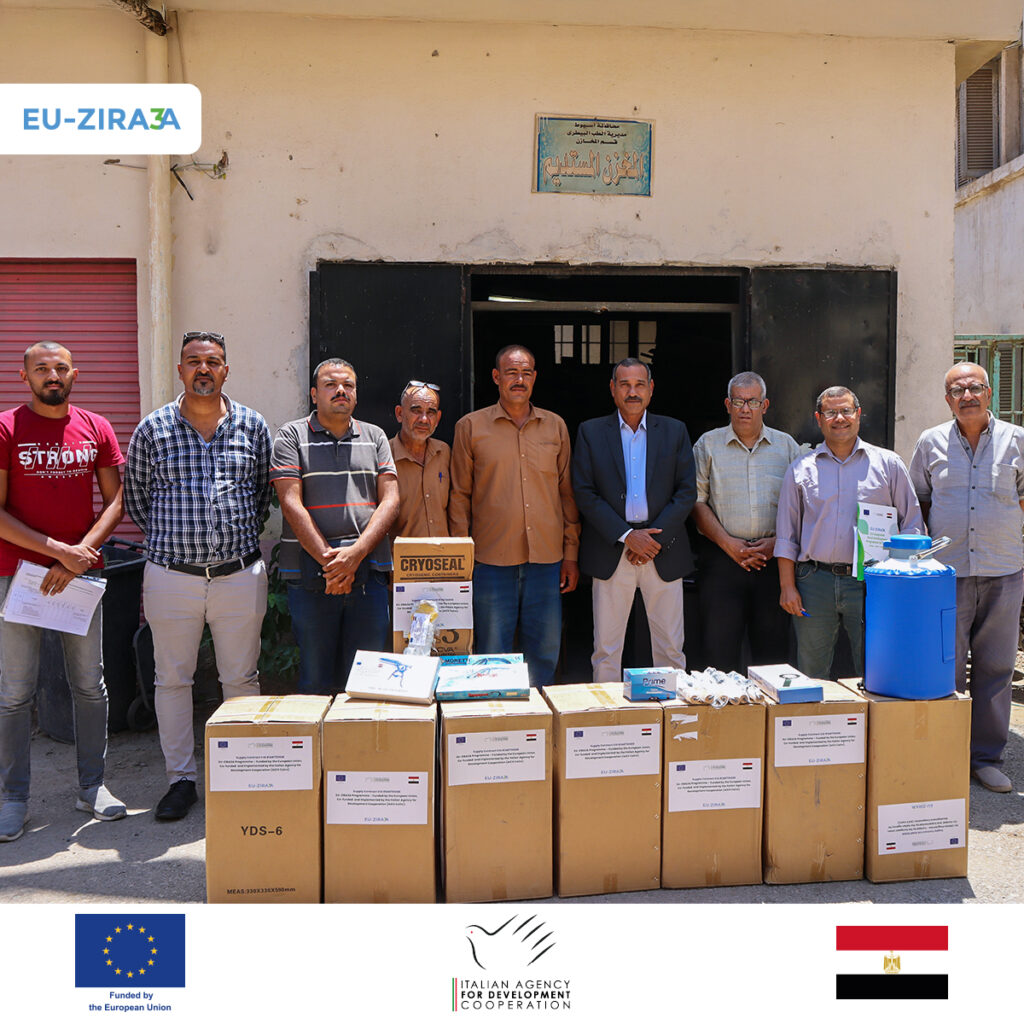
This initiative was carried out in close cooperation with the Veterinary Medicine Directorates. Together, the partners are working to improve access to modern veterinary tools and techniques, which are crucial for enhancing animal health, productivity, and ultimately the livelihoods of smallholder farmers.
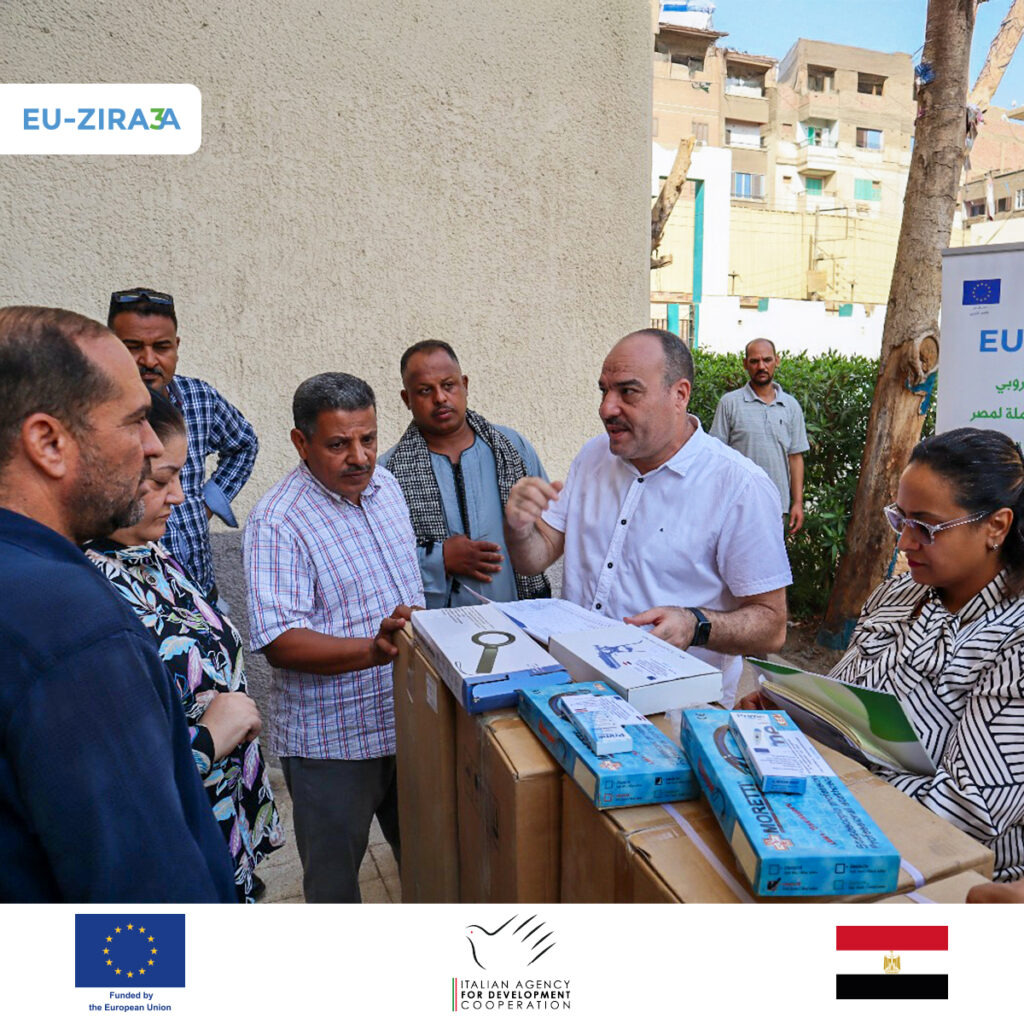
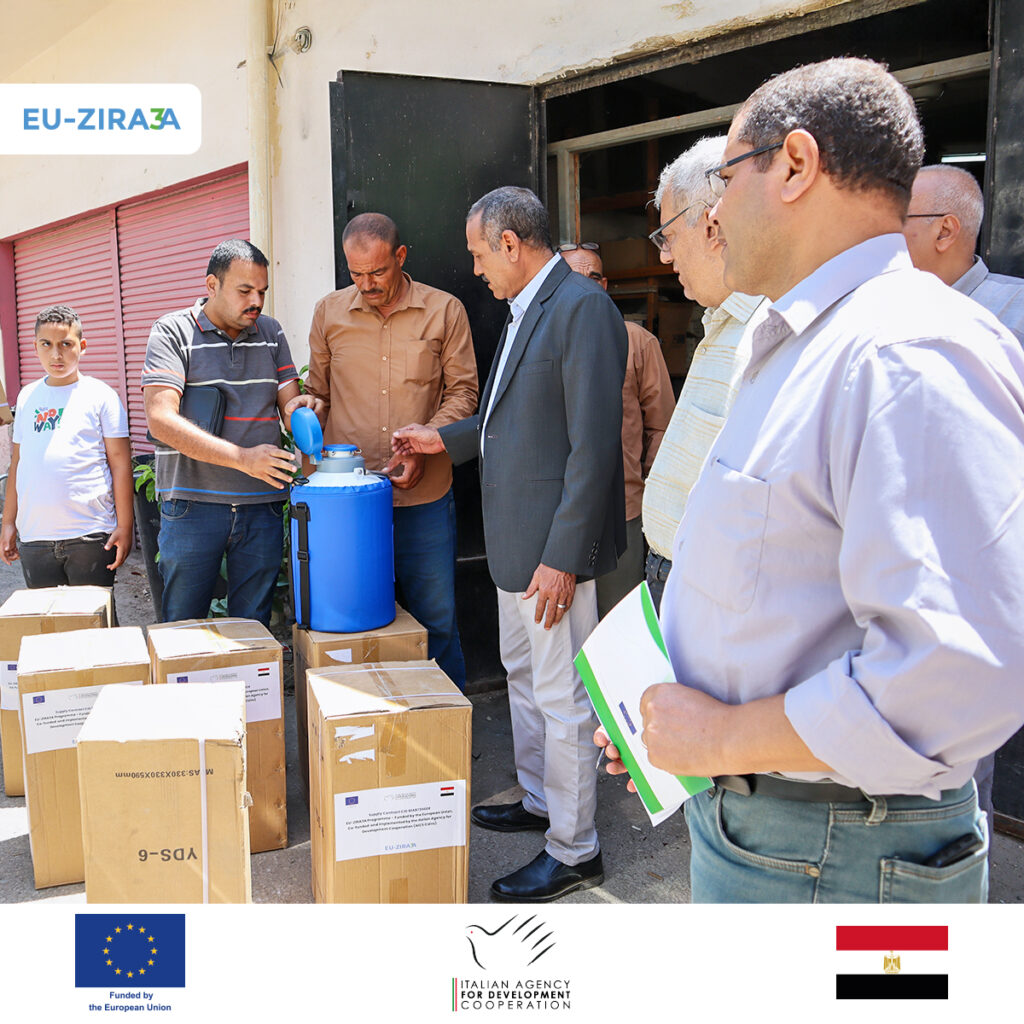
By equipping veterinary centers with advanced tools and facilities, the project not only supports the health of livestock but also contributes to food security and the economic stability of farmers’ families in Upper Egypt. This delivery represents part of a broader strategy to modernize veterinary services, strengthen veterinary extension departments, and support farmers with the resources they need to thrive. The integration of artificial insemination technologies and veterinary support is expected to create long-term benefits, increasing livestock quality and ensuring more sustainable agricultural practices.
